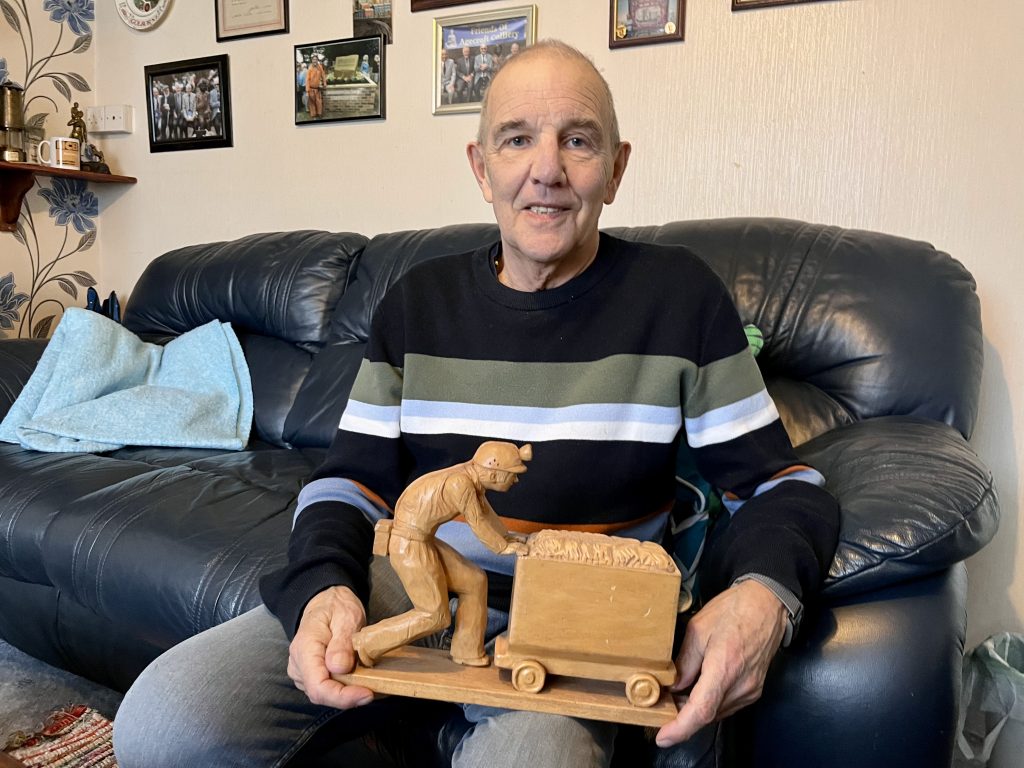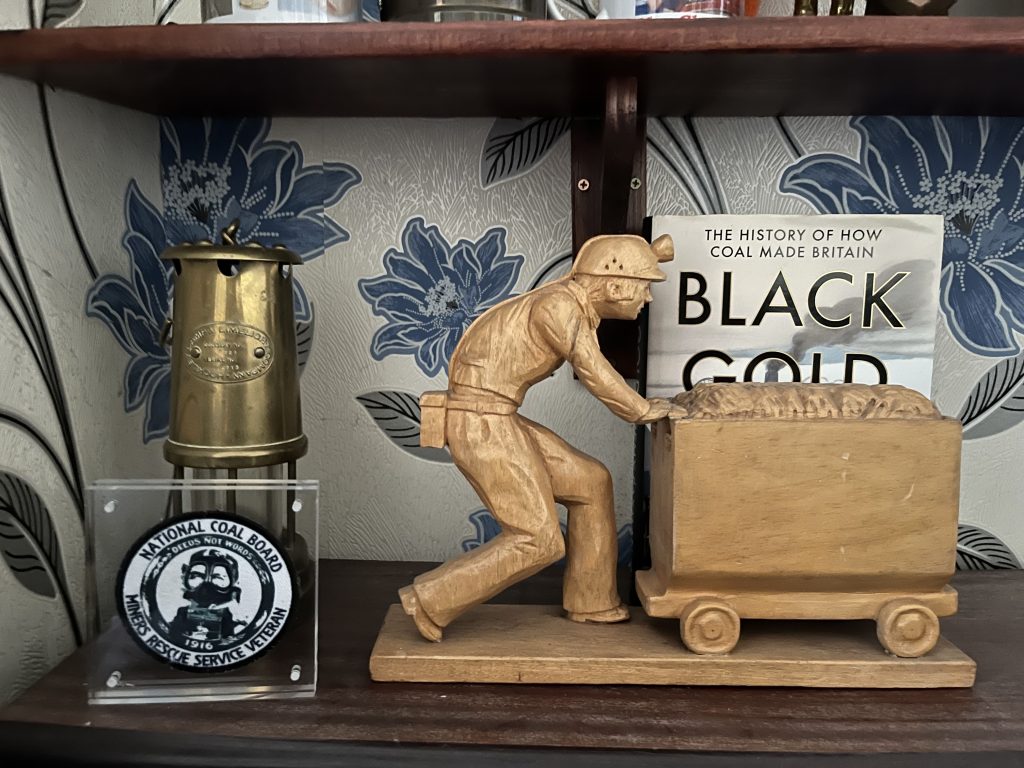
Forty years on, a former Salford miner has reflected on the 1984 miners’ strike, which saw thousands of miners across the country walk away from the pits.
Alex Channon, who worked as a fitter from the age of 15 at Agecroft Colliery in Pendlebury, says miners were right to strike in the bitter industrial dispute between the National Union of Miners (NUM) and Margaret Thatcher’s government over pit closures.
He says: “I firmly believed that we should have all come out on strike. At the time it was right to fight for the industry, for the jobs and the communities.”
However, Alex, who worked down the mines for 25 years, believes the strike was poorly planned and handled. He says the lack of a national strike ballot by the NUM was a mistake.
Having joined the strike, within six weeks Alex found himself forced back into work “with his tail between his legs” after his financial position worsened.

“I’ve got two sons, who were just young boys at the time,” he says.
“I was struggling financially. I couldn’t pay my mortgage properly. The building society weren’t sympathetic towards me.”
Alex had mixed feelings about returning to work. “I didn’t like it, I felt sick about it,” he recalls.
He said there was very little pressure to strike in Salford – in comparison to Yorkshire and Wales.
“Where I worked there were very few on strike. The vast majority had carried on working.
“In Yorkshire, I imagine there were some people that wanted to work but because it was a close community – there was that pressure not to work.”
Agecroft, situated in Pendlebury, found itself at the centre of the national dispute when striking miners from Yorkshire picketed the colliery in an attempt to prevent miners returning to work.
Channon believes that Agecroft was one of the first coal mines to be picketed by miners from across the Pennines.

“We just turned up for the day shift one day, and there was just 100s of picketers and a small group of police officers,” he said.
“I found it a little bit frightening, there was a lot of aggression on both sides, which didn’t go down well.
“They put barriers across the entrance to stop miners who wanted to work from getting in.”
Tensions escalated which led to a group of Agecroft miners planning to charge at the picketers, in an attempt to get through the gates and return to work.
The road leading to Agecroft Colliery was lined with hundreds of picketers matched by hundreds of police officers, including some on horseback.
“I wondered where the hell all these officers had come from!”
Today the site of the former Agecroft Colliery houses a business park containing a pet supply shop and light industrial units.
Forty years on, surrounded by mining memorabilia and artefacts from his time down the pits, Alex reflects on the impact the strike had on him and the mining community.
“People lost their home because they couldn’t pay their rent,” he said.
“You’d have fathers, sons and brothers working in the same pit. Some worked, some didn’t.”
Alex still has conflicted feelings about going on strike.
He says: “Under the circumstances, I was sticking to my principles.”
Audio from the interview with Alex talking on how the strike split families up.
• Words and pictures by Owen McColgan and Jai Singh














Recent Comments